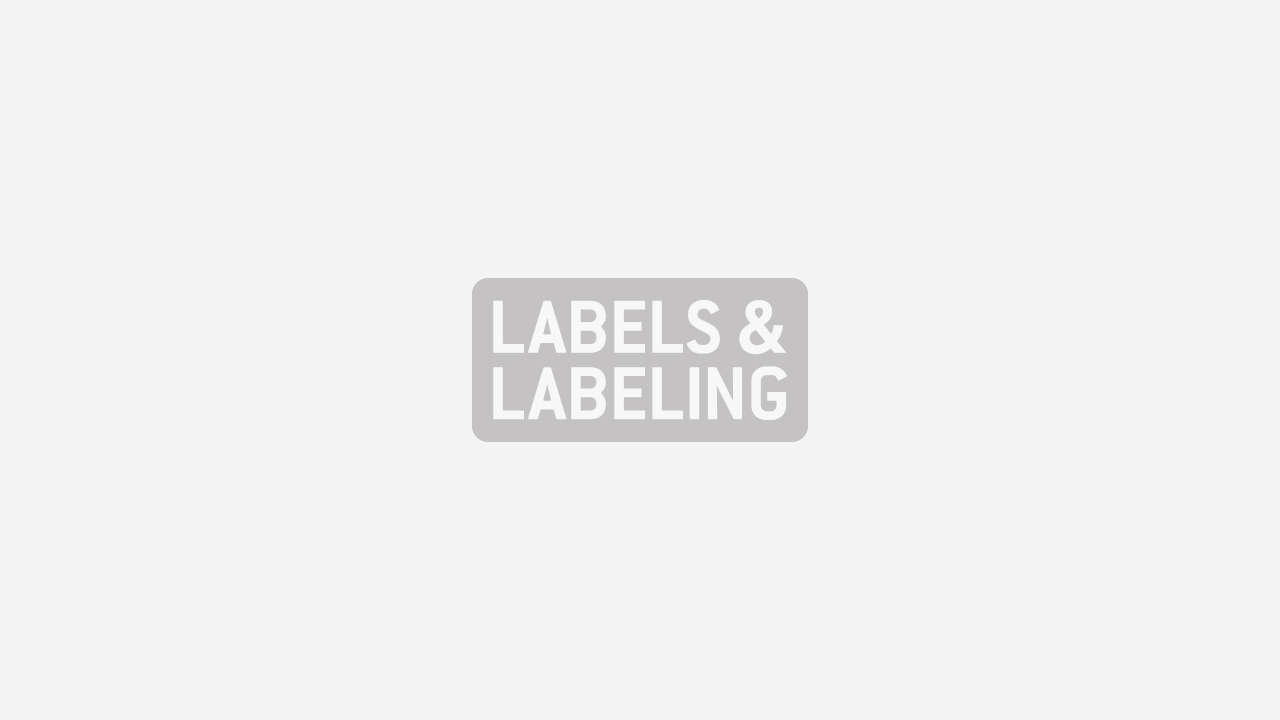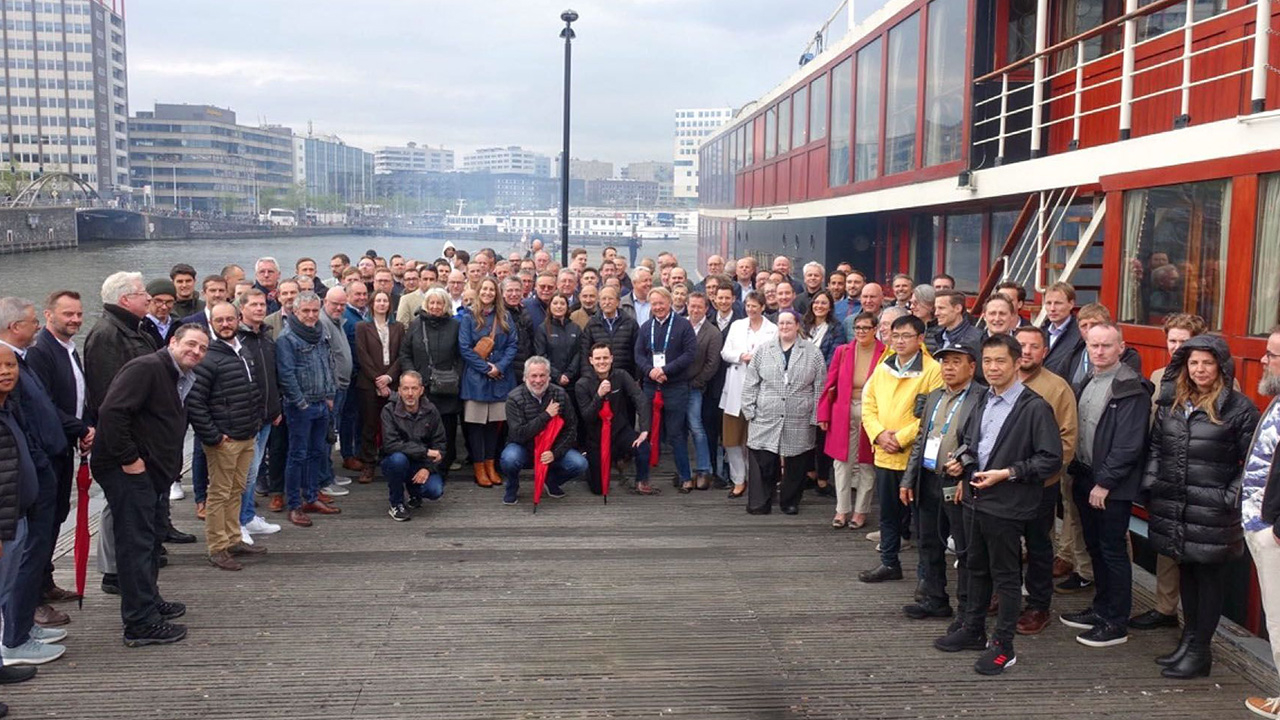Paper business benefits from environmental data management

Smith Anderson, one of the UK’s largest integrated paper bag manufacturers and a leading European packaging business, is to operate a state-of-the-art flocculation system at its new site in Fife, Scotland. This will extract the solid ink and adhesive components from the wastewater, reducing the 100 tonnes of waste liquid currently sent to landfill. It is expected to produce 20 tonnes of ink solids, or ‘cake,’ for landfill, leaving 80 tonnes of waste water which will be discharged to the sewer as per the ‘consent to discharge’ from Scottish Water.
Compared to the 20 tonnes of adhesive waste currently sent to a waste contractor, flocculation will produce seven tonnes of adhesive ‘cake’ for landfill disposal, with the remaining 13 tonnes of water discharged to sewer.
Michael Groves at Department-e, the company behind the Codbod reporting system, explained: ‘Previously this would have required specialist treatment and disposal but under the new regime, the only material going to landfill is the "cake".’
Michael Longstaffe, chief executive of Smith Anderson, said: ‘As a significant user of inks and adhesives, we recognize the benefit of maximum resource efficiency. At the same time, as a key supplier to leading retail brands, we must also meet the highest environmental standards. Combined with an imperative to disclose details of our performance, we have recently achieved ISO14001 certification and created our first sustainability report. In order to support long term improvements, we are deploying Codbod.’
Smith Anderson supplies 50 million paper bags throughout Europe every week. Customers include leading quick service restaurants, bakery chains, pharmacy groups and national wholesalers.
Stay up to date
Subscribe to the free Label News newsletter and receive the latest content every week. We'll never share your email address.

